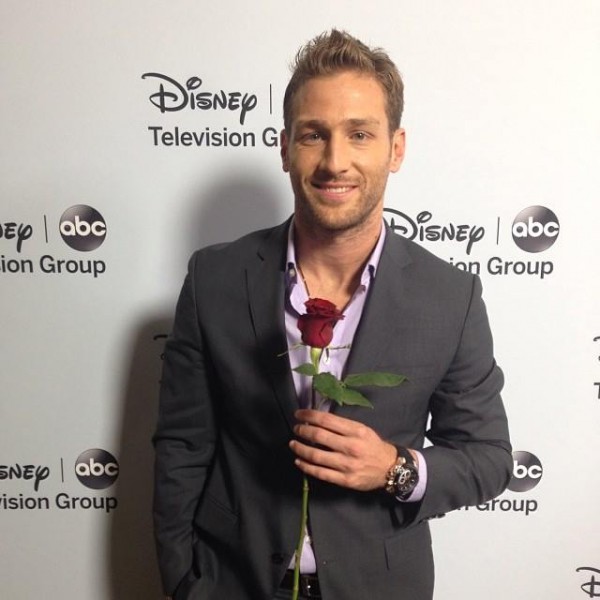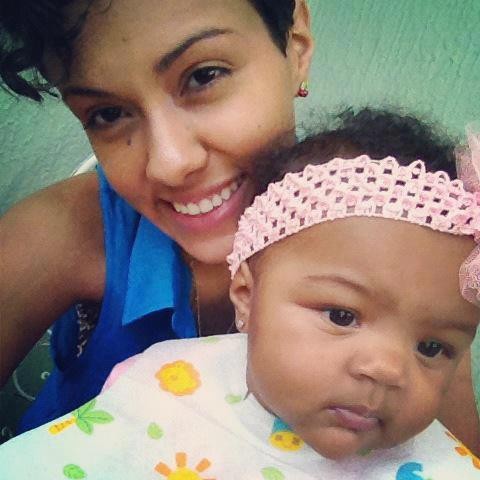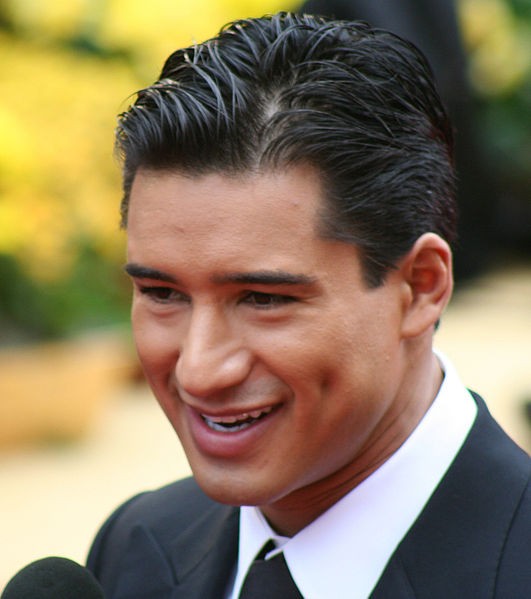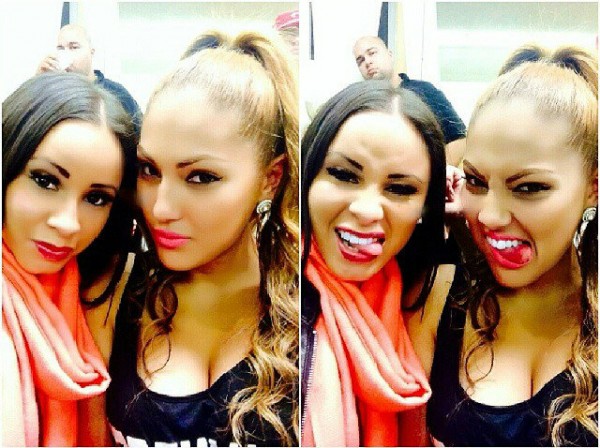"With the renaissance happening in scripted television, we have to elevate our game in reality," said TruTV topper Chris Linn.
His fellow panelists — and network brass — agreed at RealScreen's "Meet the Boss" session, a panel tailor-made for the recent game of musical chairs played by reality execs in the cable space. Joining Linn on the panel was TLC head Nancy Daniels and HGTV/DIY topper Allison Page — all three have been appointed to their new posts within the last year.
"I had been at TLC from 2008-2011, and then went over to Discovery Channel for a couple of years," Daniels explained. "In my heart, I missed the female programming. When this opportunity [to head back to TLC] came up, I was so excited to go back to a network I love, where I am the demo…I think in the few years I was gone the team [at TLC] had rightfully so tried to branch out. They had success, but also lost some of the core audience. When I got there, it was, 'Take a deep breath, get back to basics, and help get back to what we were doing a few years ago.'"
With that quote in mind, the room at RealScreen better understood why Daniels quickly responded "no" when asked if she would move her network into scripted territory. TLC experimented with scripted last year with limited series "Surviving the In-Laws," which took a beating both in ratings and with critics. Daniels made it clear that, now that she is running the cabler, TLC will be focused on unscripted, and unscripted only. (TruTV's Linn, for what it's worth, was the sole panelist to say he is open to the prospect of scripted programming.)
Page was named general manager of Scripps Network Interactive home category in November (a portfolio that includes HGTV, DIY and Great American Country) following a tenure at Food Network and Cooking Channel. The lifestyle vet quipped at the panel, "I feel like my main job is, don't mess it up!"
Page's plans for HGTV and DIY is to "build marquee talent that is known by first name," like Food's Guy Fieri and Rachael Ray. For HGTV and DIY, banner names will help boost brand awareness for the lifestyle cablers, though Page notes that the addition of surprising talent like Vanilla Ice has already established the foundation for HGTV's notable faces.
Linn joined Tru after overseeing MTV's programming, including the launch of hit shows "Jersey Shore" and "Catfish," noting that at the youth-skewing cabler, you often "live in the shadow of the MTV brand."
"Because MTV is all about younger audiences, it always has to reinvent itself. There's the music video era, then the 'Jackass' era, the 'Laguna Beach' era, and now it's the 'Teen Mom,' 'Jersey Shore' era. There's an amazing team there right now and they'll create the next era, but it's tough. That's a very fickle audience."
Since Linn was appointed head of Tru, he has touted the network as "an opportunity to grow something new." The exec stated that the cabler is aiming for a "more upscale audience," and wants to program shows that are focused on fun and comedy, as opposed to the conflict-ridden unscripted series on other networks. Hidden-cam show "Impractical Jokers," Linn said, embodies the network's new tone. Linn also reminded the room that though "there's a perception that Tru skews male," the viewership is actually split quite evenly, with men comprising 55% of the TruTV audience.
Both Linn and Daniels discussed the need to slow down a bit in reality TV production, echoing the concerns voiced by execs including Kevin Reilly regarding the scripted space. Linn called the unscripted world a "pressure cooker" where, because of the tough reality TV financial model, there is an urge to produce episodes faster and faster, which steers producers away from any sense of authenticity in order to pump out segs.
"There's an insatiable appetite," Daniels said, while Linn noted, "We need more consistency and authenticity, where you're not just flipping over tables for a network promo spot."
Daniels joked about the "flak" she and her net get from the press when it comes to TLC's over-the-top titles, most notably "Sex Sent Me to the E.R."
"There's heart in these shows," the exec stated, also mentioning she would love it if "Dance Moms" graced her airwaves, not A&E's. "These loud, noisy titles and we get flak for it, but everyone comes to watch, so I don't care!"
"Sex Sent Me to the E.R." received "no marketing" and "no on-air promo," according to Daniels, yet it still "popped" when it aired. The TLC topper said that oftentimes a net — including her own — will pour millions of dollars into a show's marketing, only to have it return with weak ratings following a premiere broadcast.
"I don't think you can buy eyeballs," she said, remarking that a noisy show title can often snag more audience interest than a massive on-air promo campaign for a different series.
Linn stated, "I think the definition of 'marketing' is changing. It's social media, it's digital. Our audience isn't finding shows the way they have in the past, so we have to innovate. The old way of thinking was that if it's not popping by episode three, it's done. Now, it's not about the launch. 'Duck Dynasty' didn't pop big until season two!"
Page added, "I've seen marketing dollars do well on a show's second or third season. Why not put it on air and see what the biggest focus group ever will say without marketing? That's telling you something."
Linn and Daniels admitted that while formats are hot in the reality TV marketplace right now (due mostly to their ability to help shingles turn meaningful profits), their networks are still interested in character-driven series — of the "Honey Boo Boo" variety.
"Formats are being pitched because they are what keep production companies afloat," Linn stated. "But characters are the needle in the haystack that everyone is looking for. That's what we're looking for."
"Family is definitely at the heart of who TLC is," Daniels said. "We're constantly looking for the next iteration of family. But we get pitched family all the time and it can't just be 'Look at this outrageous family, they're crazy!' Why are they? What's going to be the thing that really gets you in?"



















Share This Story